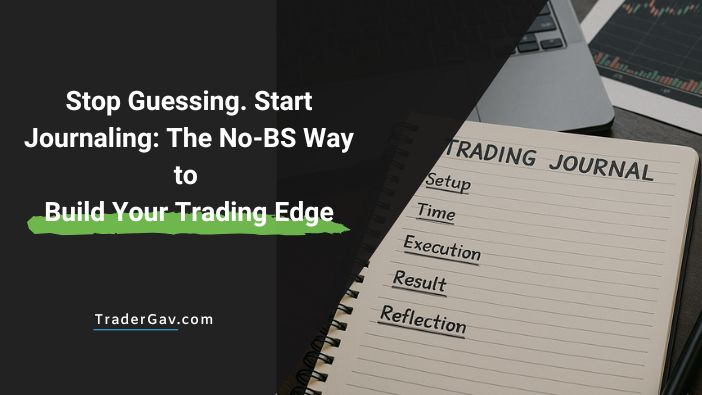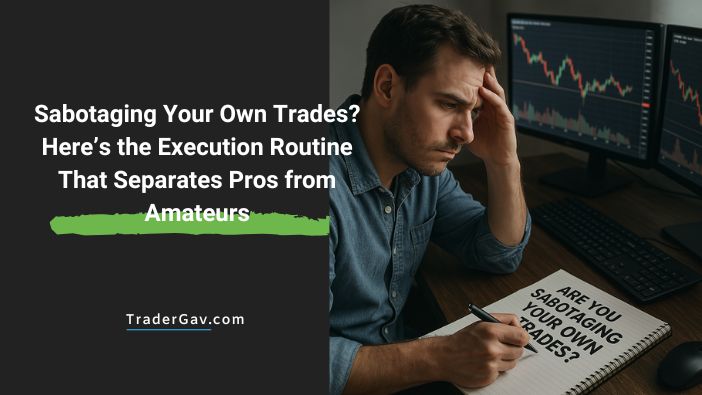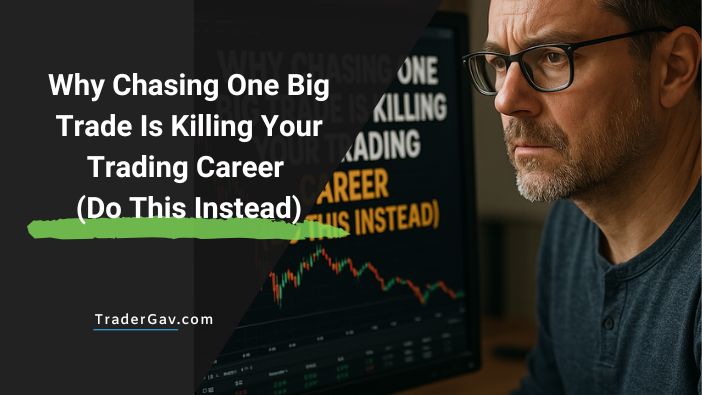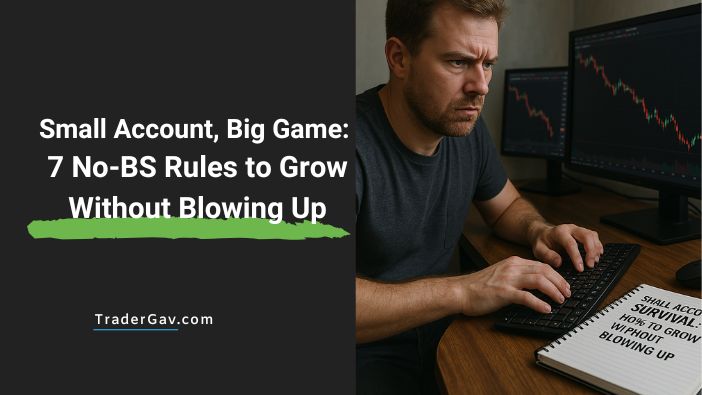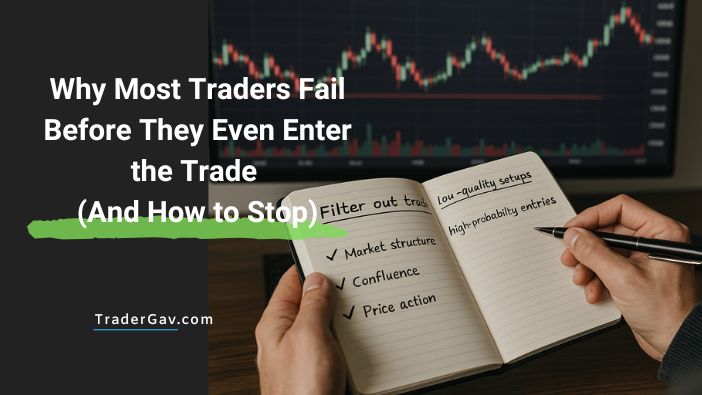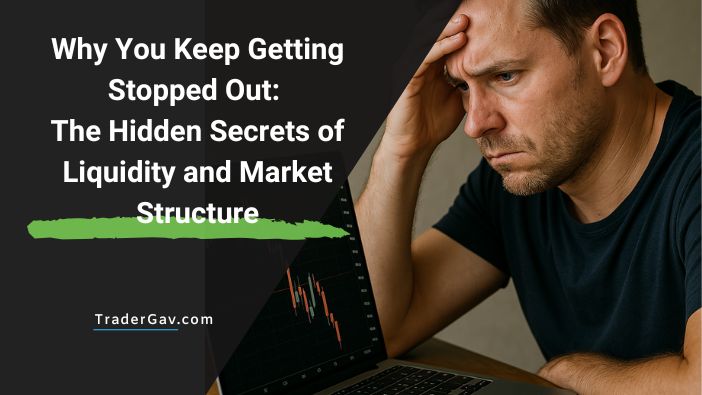It’s 3:17 PM. You just closed another loss. You stare at your chart like it personally betrayed you.“Was that a bad setup? Did I rush it? Was it just bad luck?” You shrug, chalk it up to randomness, and move on.Big mistake. Because right there, in that shrug, is the reason most traders never level […]
Learn Trading
Sabotaging Your Own Trades? Here’s the Execution Routine That Separates Pros from Amateurs
This one hurts to admit. A few months back, I had a clean setup. NY low taken. Liquidity grabbed. Price snapped back. Textbook. But I hesitated.Second-guessed myself.Chased it 10 seconds later… and got rinsed. Not because the setup was wrong.Because I messed up the execution. You ever done that?Fumbled a high-probability setup, then sat there […]
Why Chasing One Big Trade Is Killing Your Trading Career (Do This Instead)
The Myth of the ‘One Big Trade’ — Why Consistency Beats Luck Every Time Let’s kill the fantasy and build something real. The Night I Thought I Made It I remember the trade. USDJPY. Asian session.Price swept a previous high, paused, then snapped back like it got electrocuted.I went in hard. No hesitation. No second-guessing.That […]
Small Account, Big Game: 7 No-BS Rules to Grow Without Blowing Up
It started with a $300 account.I had a cheap desk, two monitors, and way too much confidence. Price was pushing into a previous high. I saw imbalance, displacement, all the good stuff.I hit buy, risked 10% like a cowboy. Ten minutes later? Stop-out.No follow-through, no retest, just a red candle straight through my ego. Sound […]
Why Most Traders Fail Before They Even Enter the Trade (And How to Stop)
This morning, I watched price chop around the middle of a range like it hadn’t had coffee yet. No real direction. Just… existing. I sat there, fingers twitching over the mouse. And I thought: This is how it starts, right? The death-by-a-thousand-trades mindset. The “it’s close enough” disease. Yeah. Been there. And if you’ve ever […]
Stop Getting Stopped Out: The Truth About Liquidity Grabs & Smart Stop Placement
You enter a trade, set your stop, and sit back. Everything looks good, until, bam! Price barely tags your stop before reversing exactly where you expected. Annoying, right? I get it. It feels personal, like the market is out to get you. But let me be blunt: it’s not personal. You’re just placing your stops […]
